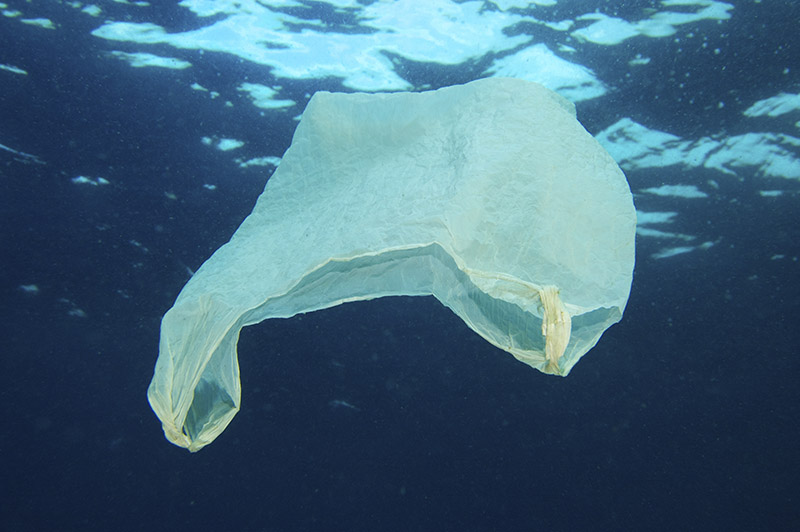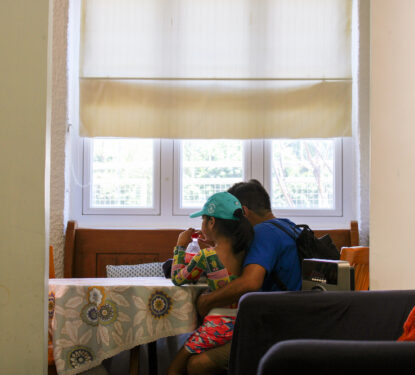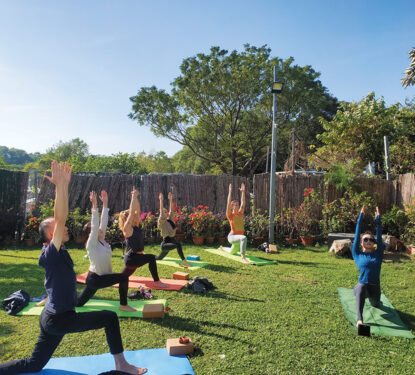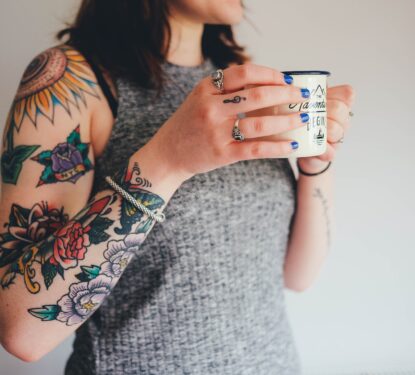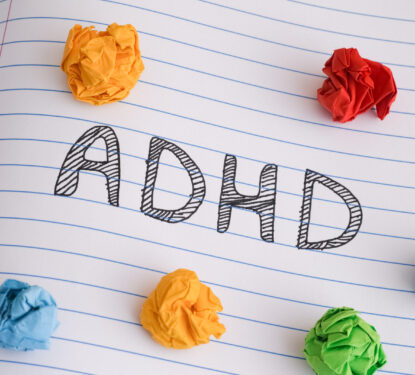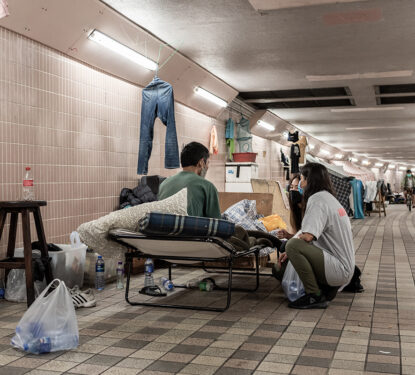Ahead of World Ocean Day on June 8, We speak to Doug Woodring of the Ocean Recovery Alliance, about the state of Hong Kong’s seas.
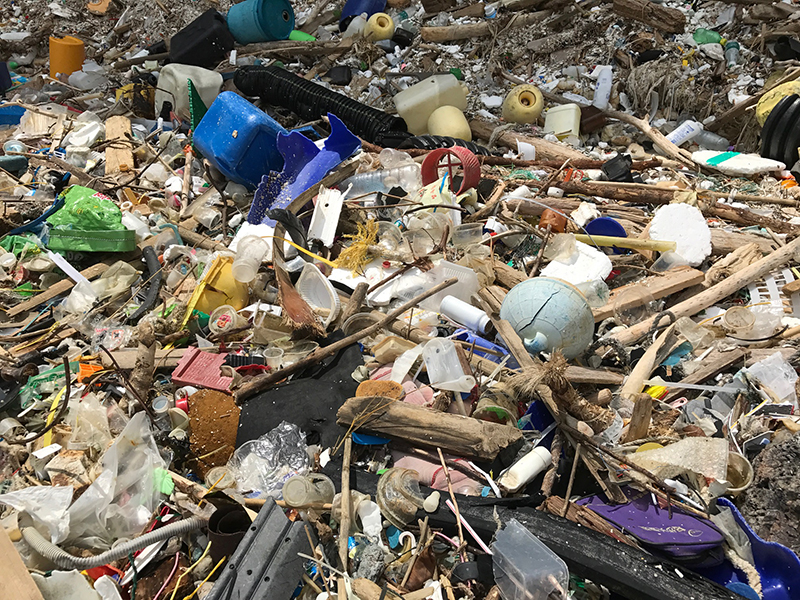
Tell us how you came to start the Ocean Recovery Alliance.
I’m originally from California and have worked in Asia for over 25 years. As a competitive swimmer and outrigger paddler, I’ve gotten up close to the waters around Hong Kong more than most, and have seen first-hand the growing problem of plastic in our seas. The lack of attention to this issue 10 years ago is what inspired me to hopefully make some changes on a global scale.
What’s causing Hong Kong’s growing plastic pollution problem?
The plastic pollution issue has increased here due to the regional hemorrhaging that occurs with improper waste management and recycling capacities, coupled with growing populations and the use of plastic in packaging and products. I disagree with a report published by the Environmental Protection Department two years ago, which claimed that 80 percent of our ocean’s plastic trash came from Hong Kong. That was based on only “identifiable” material, and most of what’s picked up is not identifiable by brand. I believe that at least 60 percent of the waste on our shores comes from outside of Hong Kong.
Any good news for our seas?
One of the best things that the Hong Kong government has done for the environment in the past four decades is to ban trawling. This has had a fast and dramatic positive impact on the health of our waters. The overall water quality has also been improving thanks to new sewage treatment programmes, and although not perfect, it is a lot better than it was.
Tell us some of the most shocking things
you’ve seen.
The sheer quantity of material, mostly Styrofoam, on parts of the coastline that do not get regularly cleaned by the government or volunteer groups. This product should be banned in the food industry at the consumer level, and restaurants should not be using the excuse that it is too expensive to use alternatives.
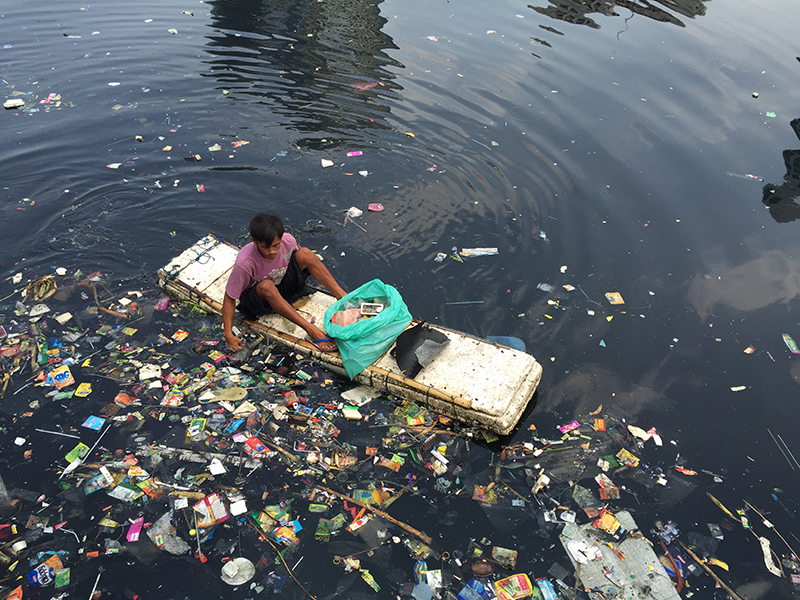
What else is endangering our seas?
It is also sad to see the overconsumption of live reef fish from Asia and the Pacific in our restaurants. Also, the disregard for our Chinese White Dolphins is a tragedy. Any other jurisdiction would be proud to have these animals in their waters.
What have been some of the most rewarding moments for the Ocean Recovery Alliance?
We worked with Watsons Water, which was the first big Asian bottler to move from 0% recycled content to 100% recycled content (PET) in one move, saving over 75 million virgin bottles per year. Now they need to improve on their bottle caps, which are still the biggest and most wasteful in the world, due to their size and weight. We are also happy to have inspired the movie “Plastic Ocean” which got its start and first footage from our expedition to the North Pacific Gyre [site of the Pacific Trash Vortex] in 2009. Our recent award from the Prince of Monaco, the “Prince’s Prize for Innovative Philanthropy” was a great honor for our global work in this space as well. We also are proud to be running the only global conference focused solely on B2B solutions for plastic sustainability, which we launched at the Rio+20 Earth Summit, called the Plasticity Forum.
How can everyday Hongkongers stop their waste from ending up in the ocean?
They can stop using disposable plastic. It is very hard to get away from packaging in Hong Kong, but at the very least, make sure that it is all put in the correct recycling bin. As a consumer, hold restaurants accountable and push them to make greener choices. You have the power of your wallet to consume elsewhere, and to let them know why.
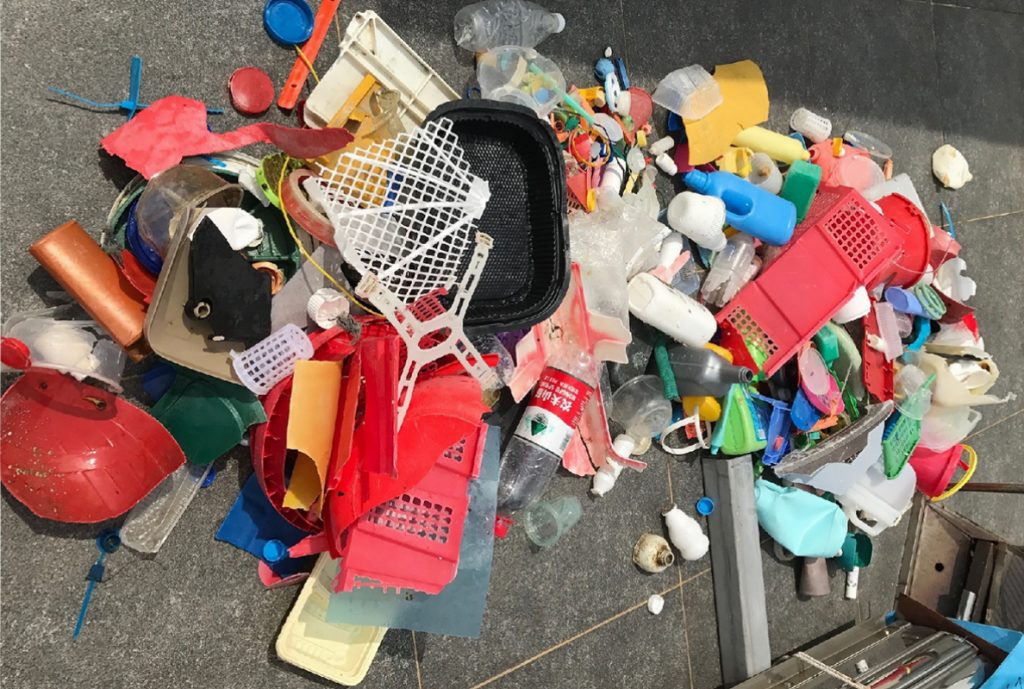
What do you hope to do with the Ocean Recovery Alliance in the next 12 months?
We have some big global programmes that will be “turned on” in the coming months, and we are also working on a global report for the United Nations Environment on the topic, so watch this space for some exciting impacts. Our 10th Plasticity Forum will be in Kuala Lumpur on October 25, which is very timely for this region and the innovations and solutions that are needed for scaled improvements.
What are some practical ways our readers can get involved and help out?
Use your power as consumers to either not consume blatantly wasteful products or packaged materials. Use your social networks to let brands and companies know that you are eager to support their use of sustainable products or services. Buy recycled products! Without the demand for recycled products, the recycling systems of the world can’t work, as they don’t have the markets to sell into. You can also use our Global Alert app (globalalert.org) whenever you hike, travel or head to the beach, to report trash hotspots in or near anywhere in the world’s waterways or coastlines. This information can be very powerful in driving positive change.

